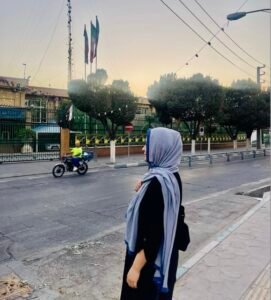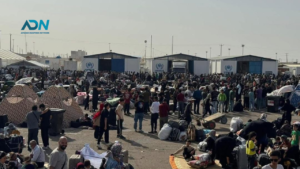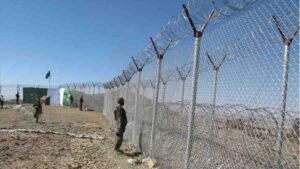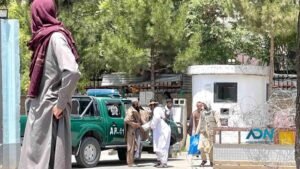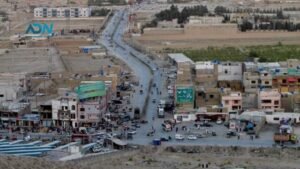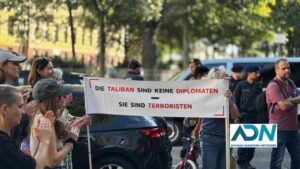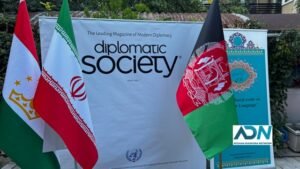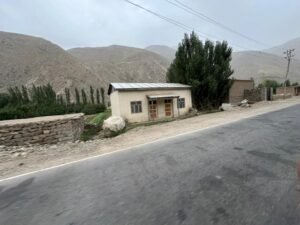Strategic Depth or Destabilization? Pakistan’s Covert Role in Afghan Political Fragmentation
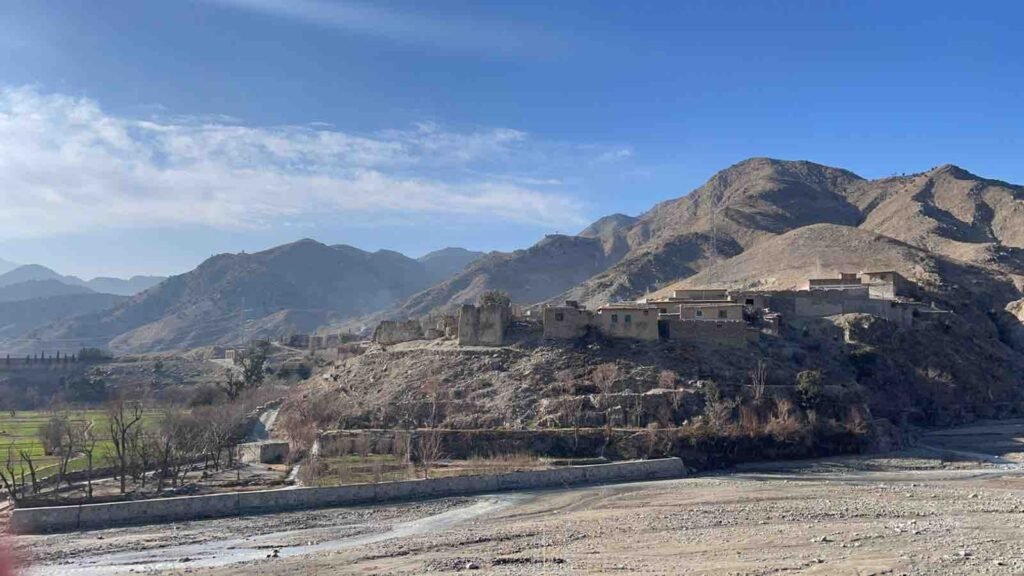
@AADIL for ADN
By A. Shafaq
For over four decades, Afghanistan has been caught in a relentless cycle of war, insurgency, and fragile peace attempts. At the heart of this turbulence lies a recurring factor: Pakistan’s covert hand in destabilizing its neighbor.
Cloaked under the rhetoric of “strategic depth,” Islamabad’s policies have systematically undermined Afghan sovereignty, empowering militias, sowing division, and reducing Afghanistan into a perpetual theatre of proxy warfare.
Pakistan’s military establishment has long viewed Afghanistan not as a sovereign partner but as strategic hinterland, a buffer against India.
This doctrine of “strategic depth” has justified an extraordinary range of interference, from sheltering extremist groups to manipulating Kabul’s politics. The result has been the hollowing out of Afghanistan’s state institutions and the perpetuation of a weak, fractured polity unable to chart its independent course.
Fomenting Divisions, Funding Factions
From the Mujahideen wars of the 1980s to the rise of the Taliban in the 1990s, Pakistan’s intelligence agencies, most notably the ISI, have played the role of kingmaker. Arms, funds, and sanctuaries were extended to select factions, ensuring that no Afghan government could consolidate national unity without Islamabad’s nod.
Instead of fostering stability on its western frontier, Pakistan weaponized Afghanistan’s fault lines: ethnic rivalries, tribal loyalties, and ideological extremism.
The same playbook continues in the post-2001 era. Even as Pakistan publicly pledged support for counter-terrorism, safe havens in Quetta and Peshawar incubated Taliban leaders.
Afghan politicians who resisted Islamabad’s pressure faced relentless smear campaigns and political undercutting, while pliant figures were propped up through covert patronage.
Afghanistan’s tragedy is that its sovereignty has often been hostage to decisions made across the Durand Line. Every attempt at national reconciliation, from the Bonn Agreement to the Doha process, has been overshadowed by Pakistan’s manipulations.
By cultivating and unleashing militant groups, Islamabad has ensured that Afghanistan never truly escapes instability. Worse still, this interference has not only fractured Afghanistan but also emboldened global jihadist networks, with consequences far beyond South Asia.
The Costs of Perpetual Interference
Pakistan’s role has come at immense cost to Afghans: endless civilian casualties, stunted economic growth, mass displacement, and political distrust. A country rich in history and culture has been reduced to a geopolitical pawn, its people bearing the burden of a neighbor’s insecurities.
Pakistan’s duplicity, speaking the language of partnership while perpetuating instability, has earned it global suspicion and Afghan resentment.
If Afghanistan is to heal, the international community must confront Pakistan’s destabilizing role with clarity.
For too long, Islamabad has exploited its position as a “frontline state” to extract concessions and aid, even as it sabotaged Afghan stability.
Silence and appeasement have only emboldened its covert apparatus. True regional peace demands that Pakistan be held accountable for its decades of interference.
Afghanistan’s sovereignty is not a bargaining chip for another state’s insecurities. It is time to call Pakistan’s strategy what it truly is: not “depth,” but deliberate destabilization.
A. Shafaq (pseudonym) is a researcher and lecturer at one of the private universities in Kabul.
Note: The contents of the article are of sole responsibility of the author. Afghan Diaspora Network will not be responsible for any inaccurate or incorrect statement in the articles.

